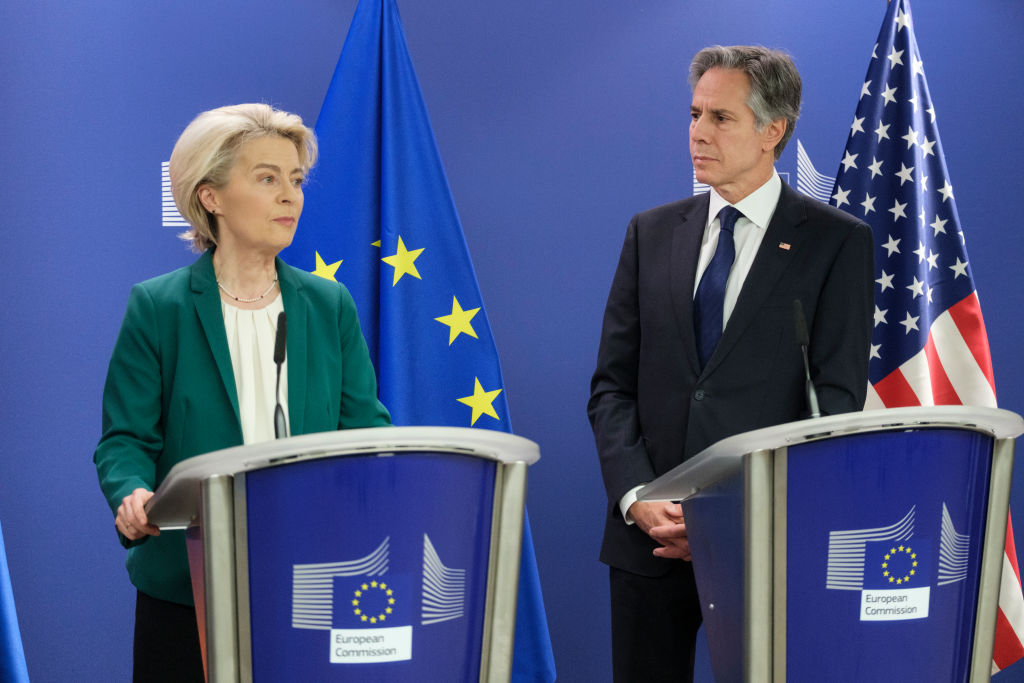The European Commission has targetted Chinese online platform Temu under its Digital Services Act (DSA), officially designating it as a ”very large online platform” (VLOP) under the legislation on May 31.
By September 2024, the company must comply with “the most stringent rules under the DSA” as a result of the change.
According to a Commission press release, Temu will be required to “assess and mitigate any systemic risks” associated with its platform by enhancing consumer-protection measures, fostering more transparency and accountability and increasing surveillance for illegal products.
A Temu spokesperson told Brussels Signal the firm “acknowledges the European Commission’s designation under the Digital Services Act”.
“We are fully committed to adhering to the rules and regulations outlined by the DSA to ensure the safety, transparency, and protection of our users within the European Union,” the spokesperson added.
Temu’s designation as a VLOP under the DSA came amid growing trade tensions between the European Union and China.
In September, the EU initiated an anti-subsidy investigation into imported Chinese electric vehicles (EVs), which may lead to additional customs tariffs.
Commissioners have reportedly confirmed that no decision on whether or not to implement such punitive measures will be made before the coming elections, with the latter half of June now the earliest new tariffs will be announced.
Brussels is investigating China-based platform AliExpress over allegations it broke a number of rules under the European Union’s Digital Services Act. https://t.co/Ic13wSWFV8
— Brussels Signal (@brusselssignal) March 14, 2024
Since the enforcement of the DSA in August 2023, Temu is the 24th platform to fall under its scope.
It is not the only Chinese company required to comply with the regulations; on April 26, the EC designated fast-fashion firm Shein as a VLOP, with ByteDance’s TikTok already being regulated under the rules.
Temu’s designation was anticipated as it averages around 75 million monthly active users in the EU, surpassing the DSA’s threshold of 45 million users for VLOPs.
On April 16, the European Consumers Association (BEUC), filed a complaint against Temu for allegedly “failing to protect consumers and for using manipulative practices”.
The BEUC accused Temu of having breached the DSA by using “manipulative techniques – dark patterns – to get consumers to spend more than they might originally want to”.
The allegations may now be investigated by the EC.
Temu has confirmed it is aware of the allegations, though refrained from saying more than they were taking the claims “seriously”.
“Regarding the BEUC complaint, we take it very seriously and will study it thoroughly,” the Chinese firm said.
“We hope to continue our dialogue with the relevant stakeholders to improve Temu’s service for consumers.”
The European Commission has given third-party NGOs the power to police the internet under the Digital Services Act. So-called “trusted flaggers” will be allowed to patrol the web in a move likely to cause concern. https://t.co/P8YIzEkKbB
— Brussels Signal (@brusselssignal) January 11, 2024





